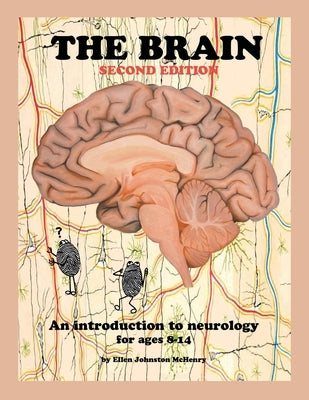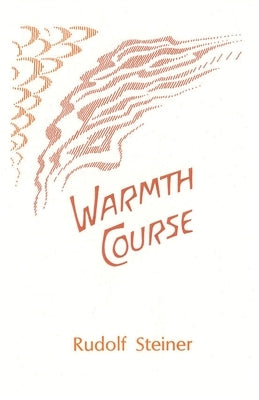Description
When the whole is greater than the sum of the parts--indeed, so great that the sum far transcends the parts and represents something utterly new and different--we call that phenomenon emergence. When the chemicals diffusing in the primordial waters came together to form the first living cell, that was emergence. When the activities of the neurons in the brain result in mind, that too is emergence.
In The Emergence of Everything, one of the leading scientists involved in the study of complexity, Harold J. Morowitz, takes us on a sweeping tour of the universe, a tour with 28 stops, each one highlighting a particularly important moment of emergence. For instance, Morowitz illuminates the emergence of the stars, the birth of the elements and of the periodic table, and the appearance of solar systems and planets. We look at the emergence of living cells, animals, vertebrates, reptiles, and mammals, leading to the great apes and the appearance of humanity. He also examines tool making, the evolution of language, the invention of agriculture and technology, and the birth of cities. And as he offers these insights into the evolutionary unfolding of our universe, our solar system, and life itself, Morowitz also seeks out the nature of God in the emergent universe, the God posited by Spinoza, Bruno, and Einstein, a God Morowitz argues we can know through a study of the laws of nature.
Written by one of our wisest scientists, The Emergence of Everything offers a fascinating new way to look at the universe and the natural world, and it makes an important contribution to the dialogue between science and religion.
About the Author
Harold J. Morowitz is Clarence Robinson Professor of Biology and Natural Philosophy at George Mason University and the former Director of the Krasnow Institute for Advanced Study, in Fairfax, Virginia. A leading figure in the study of complexity, he was Editor-in-Chief of the journal Complexity and is co-chair of the science board of the Santa Fe Institute. His writing has appeared in The New York Times, Discover, The Washington Post, The Sciences, and Psychology Today.




















































